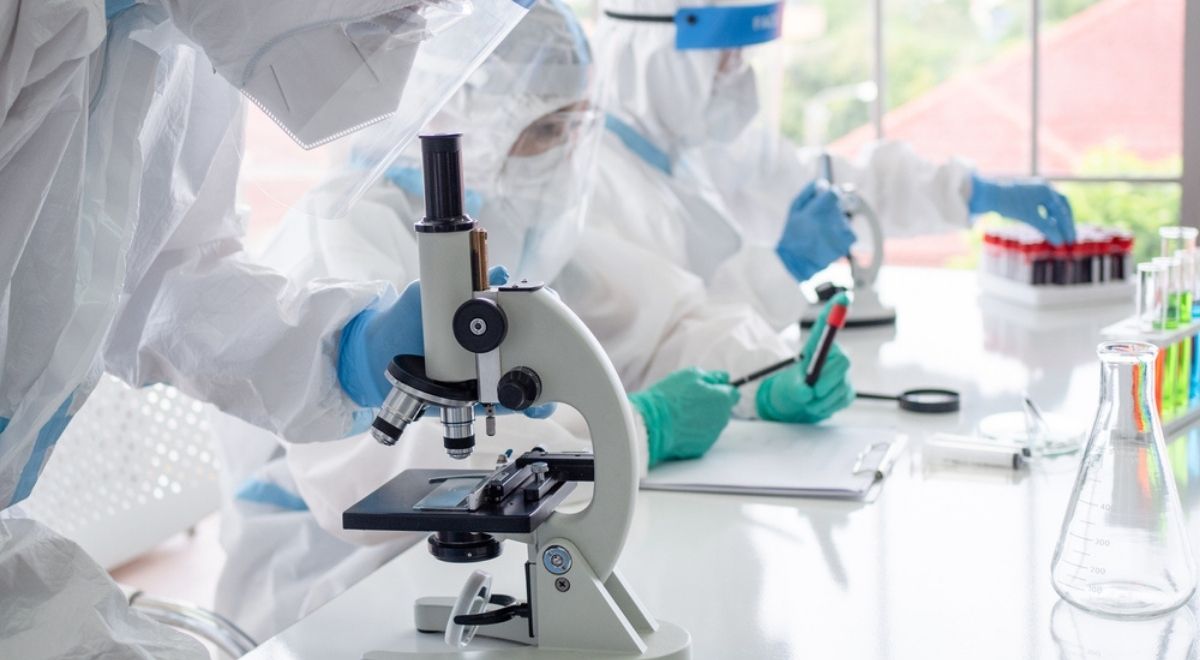SARS-CoV-2 was able to knock out an important molecular pathway associated with an immune complex called MHC class I, which was identified by scientists in Japan and the United States, thus eluding the host’s immune system.
They reported their discovery in the journal “Nature Communications”. “Our study shows how the virus can bypass the human immune system and explains why the pandemic is so serious,” said lead author Dr. Koichi Kobayashi.
“The mechanisms we have identified could provide new molecular targets for potential drugs for COVID-19,” he added.
Gene Expression Analysis
The research team, consisting of researchers from the University of Hokkaido and Texas A&M University, has identified the key mechanism that the SARS-CoV-2 virus uses to exit the host’s immune system. Through the use of bioinformatics methods, she was able to determine how the SARS-CoV-2 virus alters the expression of genes in the immune system of sick people compared to uninfected people. The viral protein ORF 6, which effectively inhibits a host cell protein known as NLRC5, has been found to be critical. The latter is responsible for activating the MHC class I pathway.
MHC, or major histocompatibility complex, is a complex of proteins responsible for the presentation of antigens to T-lymphocytes. It is divided into three types (classes), and the class I MHC, which is the subject of this study, is the main weapon of the immune system. a response against viruses, that is, intracellular pathogens.
“When a virus infects a cell, it promotes the expression of viral antigens on its surface, drawing the attention of immune cells called cytotoxic T cells. They, in turn, attack and destroy infected cells and the virus they contain, ”the authors explain.
So, since the activity of SARS-CoV-2 prevents the activation of MHC Class I, cells cannot defend themselves.
Cell line experiments
In addition to analyzing gene expression in patients with COVID-19, the research team also conducted a series of experiments on human cell lines infected with the SARS-CoV-2 virus. The results showed that a viral protein called ORF 6 inhibits the host cell protein NLRC5, which is usually responsible for activating the MHC class I pathway. Detailed analysis showed that this happens in two ways: ORF6 first suppresses the signaling of the cell it turns off. The expression is NLRC5, and second, it directly blocks the NLRC5 function.
Other infectious viruses, including HIV and MERS, are known to also attack the MHC class I pathway to avoid being attacked by the immune system. Scientists have suspected for a while that SARS-CoV-2 may work in a similar way, but this study is the first to explain the mechanism of this action.
– Without activation of the MHC class I pathway, viruses in infected cells are essentially hidden from the immune system. This helps explain why SARS-CoV-2 persists in the body and can cause further infections, causing a pandemic, Dr. Kobayashi concludes.
Further research is aimed at finding and testing drugs that block the activity of the ORF6 protein, which could potentially restore the host’s ability to activate the major histocompatibility complex.

